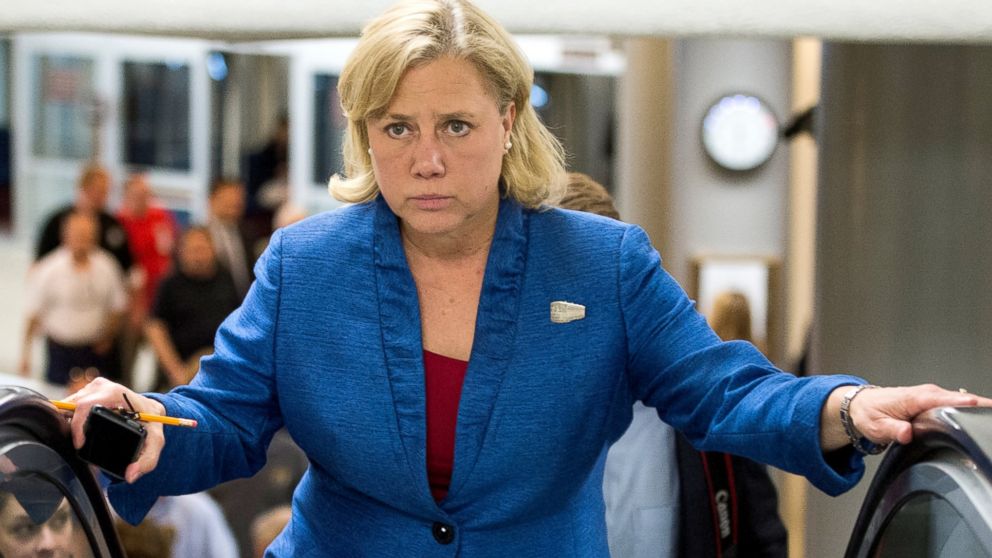Louisiana Runoff: Democrats Brace For Bayou Bust
Louisiana’s runoff election could mean extinction of Deep South Democrats.

— -- Going, going, gone?
Louisiana’s runoff election on Saturday could mark the extinction of Democratic senators from the Deep South, with Sen. Mary Landrieu -- the last Southern Democrat still standing in the 2014 cycle -- expected to lose her seat of 18 years to the Republican challenger, Rep. Bill Cassidy.
In addition to settling the last unresolved Senate race of 2014, the Louisiana runoff election will also determine the outcome of two of the last three outstanding House races. (The Second Congressional District in Arizona is the only other unresolved House race outside of Louisiana.)
Here’s a preview of what’s at play in the three races:
Senate

The Senate race will be the main attraction of the night, as we wait to see whether Landrieu can retain her title as a political survivor or if Cassidy will become seat number 54 for Republicans in the next Senate class.
Having won two of her three previous elections through runoffs, Landrieu’s campaign continues to express optimism that she can pull out another surprise victory this year.
The last time Landrieu faced a runoff in 2002, she was widely expected to lose the contest. But in the final days of the campaign, a late-breaking story fueled rumors that the Bush administration was considering increasing sugar imports from Mexico, a policy change that would have had damaging repercussions for Louisiana’s sugar industry. The story helped to shift the momentum of the race. This year, Landrieu’s campaign is looking to a late-breaking story alleging that Cassidy may have been paid for work he didn't do as a part-time professor at LSU as a possible equivalent of the 2002 sugar story.
Whether or not the new allegations against Cassidy will register at the polls remains to be seen, but regardless, the facts on the ground in 2014 paint a very difficult, if not impossible, road to victory for Landrieu.
The voters
Over the last decade, Louisiana’s electorate has grown increasingly conservative. While Landrieu enjoys a loyal base of support among African Americans, most of the state’s white population now votes with the Republican Party. On Nov. 4, as a case in point, Landrieu captured 94 percent of the black vote compared to just 18 percent of the white vote.
Even if Saturday’s election sees a strong turnout of African Americans, it will be hard for Landrieu to capture victory without a corresponding segment of the white vote. Most experts say Landrieu needs close to 30 percent of the white vote to clinch a win, but she fell 12 percentage points short of 30 last month.
And as far as the early voting numbers are an indication of what we’ll see on Saturday, the runoff electorate looks to be increasingly white and Republican. Compared to November, early voting was down in all categories except for white and Republican voters, which saw a boost in participation.
The blunders
There have been some serious strategic blunders on the part of Landrieu’s campaign and national Democrats that have put Landrieu in a particularly vulnerable position.
Part of the problem is that Landrieu’s campaign banked on a strategy of an outright win on Nov. 4. And when that strategy flopped, with Landrieu finishing the night with 42 percent of the total vote (only 16,000 votes ahead of Cassidy) and a far cry from the 50 percent plus 1 that would have been necessary for an outright victory, she found herself with a depleted war chest headed into the runoff.




